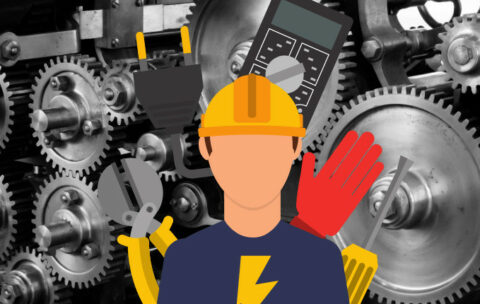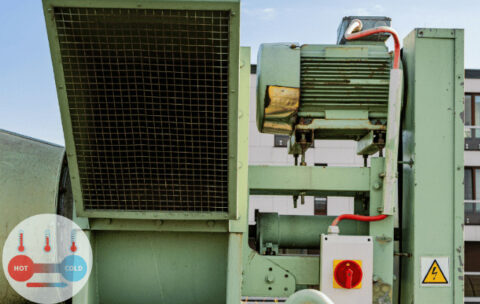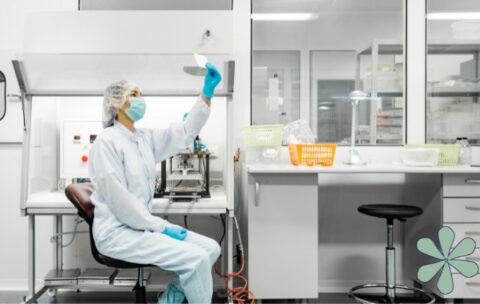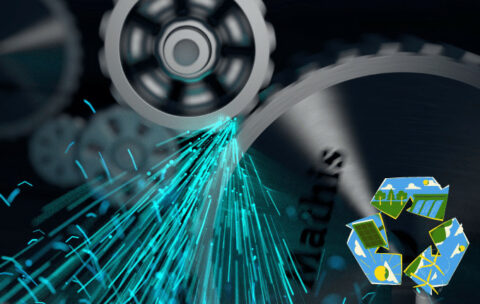Popular Topics
Popular Instructors
All Engineering Courses
Fundamentals of Chemical Engineering Processes
The course “Fundamentals of Chemical Engineering Processes” provides students with …
What you'll learn
Chemical Reaction Engineering: Principles and Applications
The course “Chemical Reaction Engineering: Principles and Applications” is designed …
What you'll learn
Mass Transfer and Separation Processes in Chemical Engineering
The course “Mass Transfer and Separation Processes in Chemical Engineering” …
What you'll learn
Introduction to Aerospace Engineering
The course “Introduction to Aerospace Engineering” serves as a comprehensive …
What you'll learn
Aircraft Design and Performance
The course “Aircraft Design and Performance” provides students with a …
What you'll learn
Spacecraft Systems and Orbital Mechanics
The course “Spacecraft Systems and Orbital Mechanics” provides students with …
What you'll learn
Introduction to Computer Engineering
The course “Introduction to Computer Engineering” provides students with a …
What you'll learn
Water and Wastewater Treatment Technologies
The course “Water and Wastewater Treatment Technologies” provides students with …























